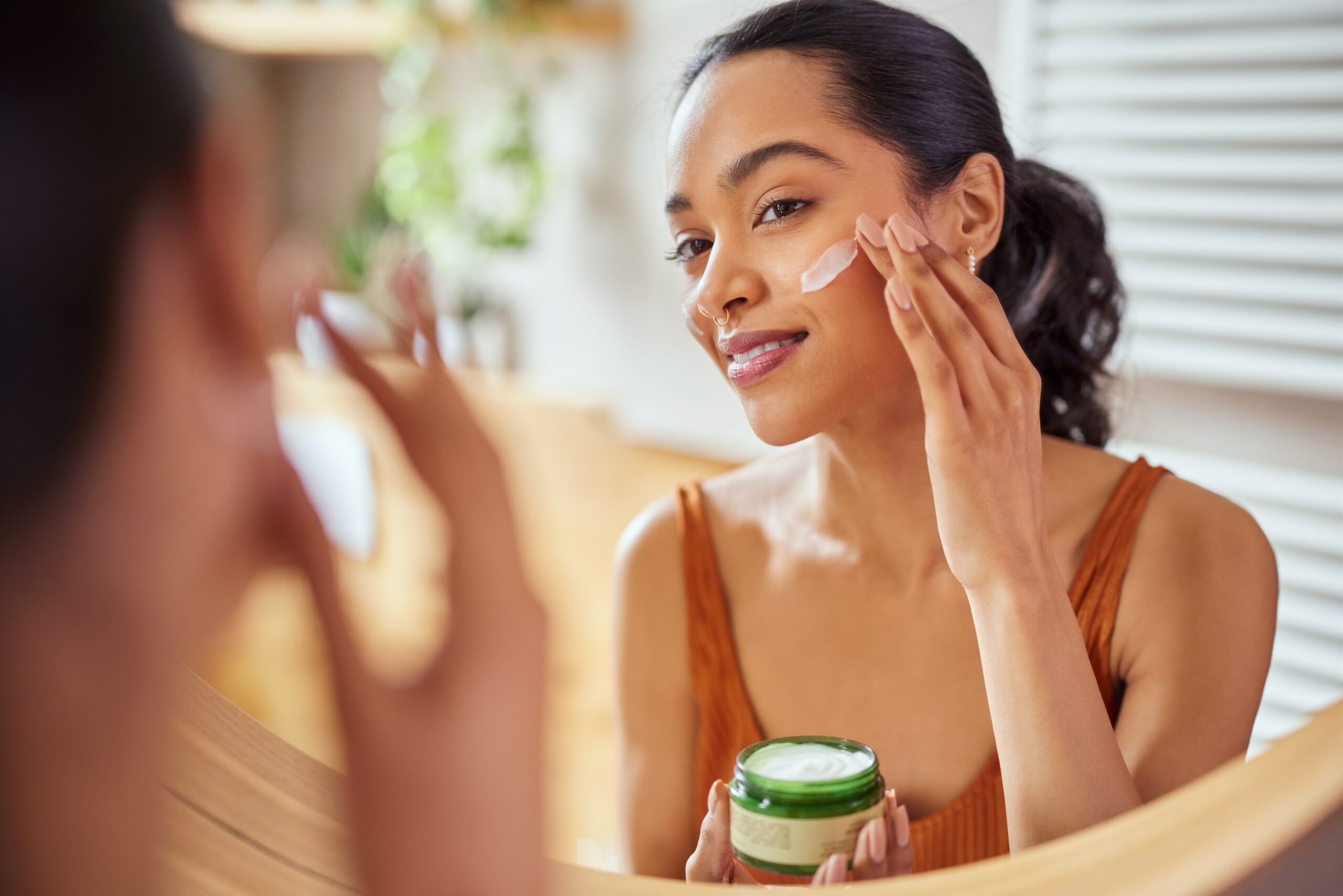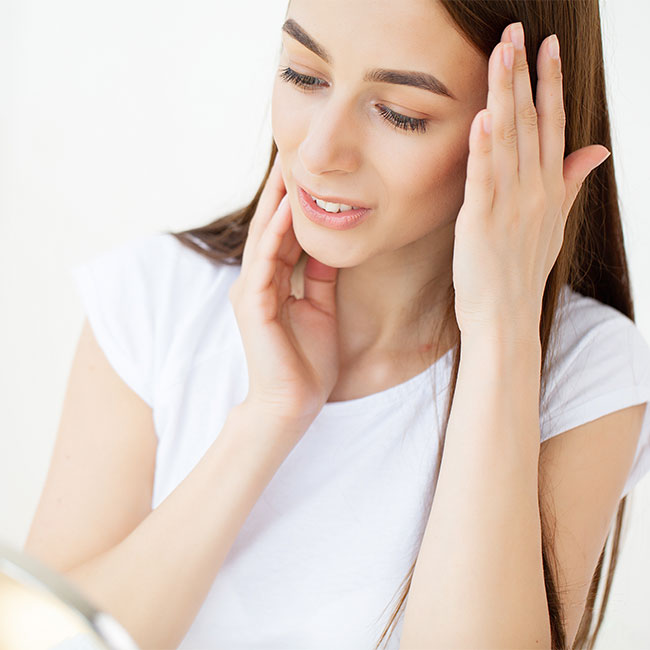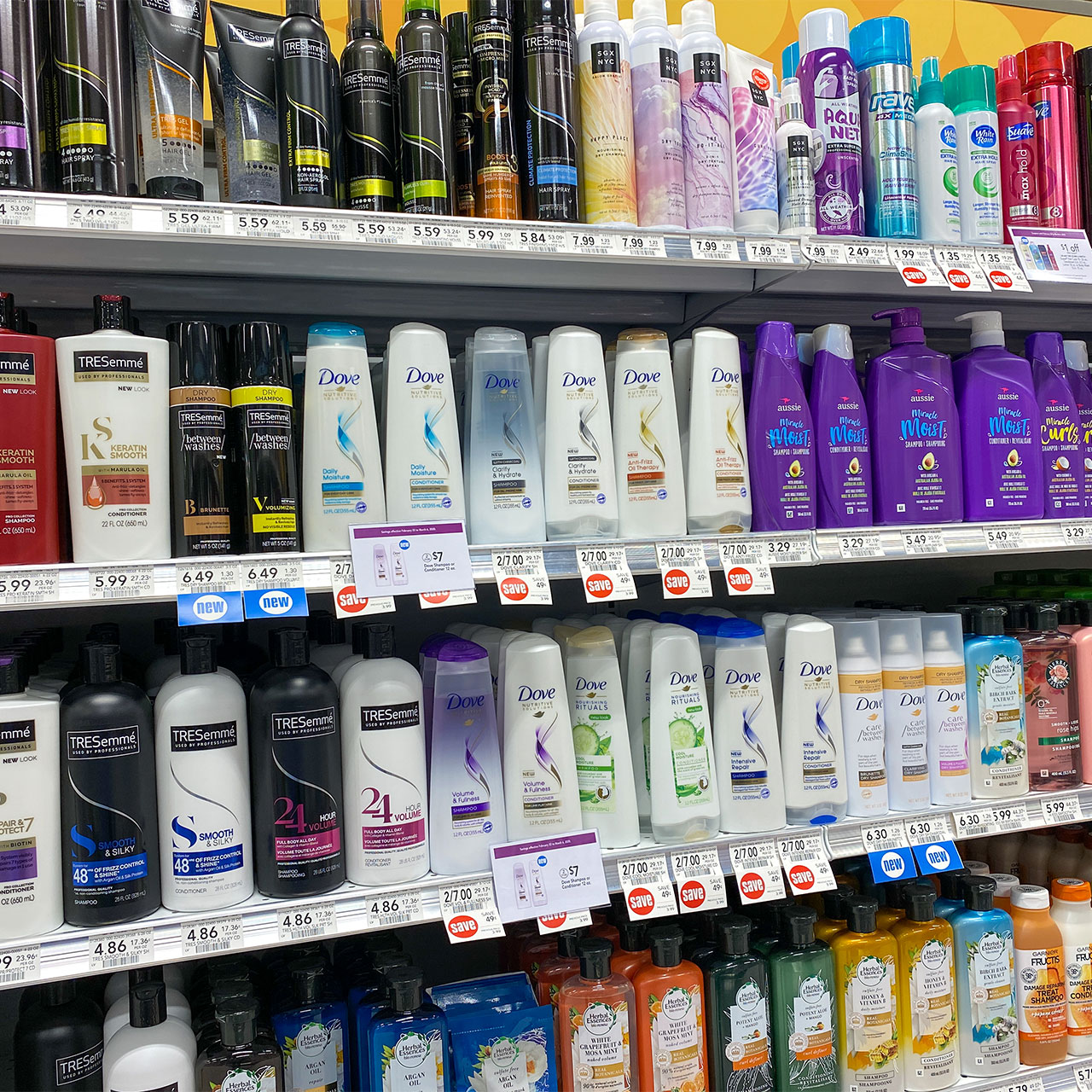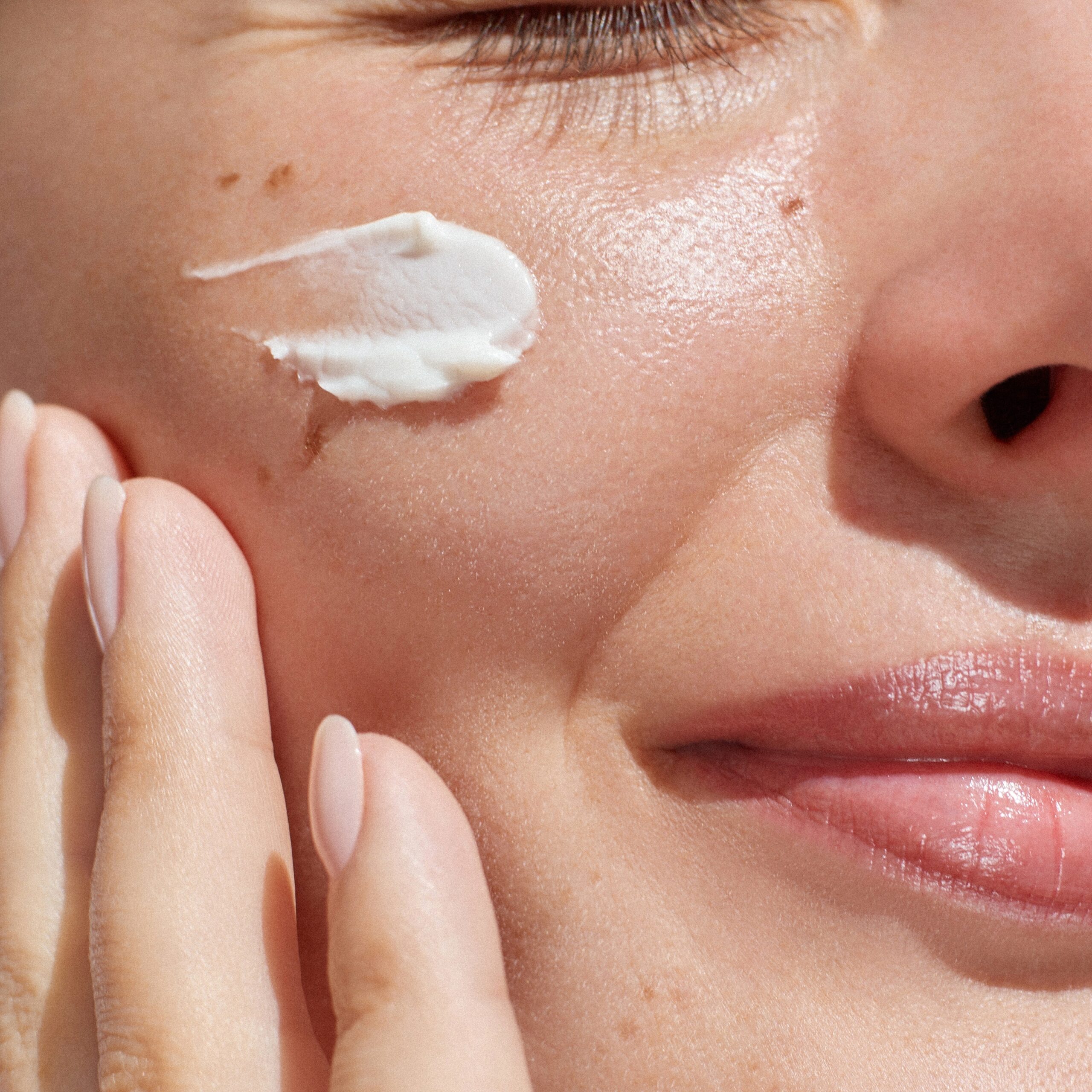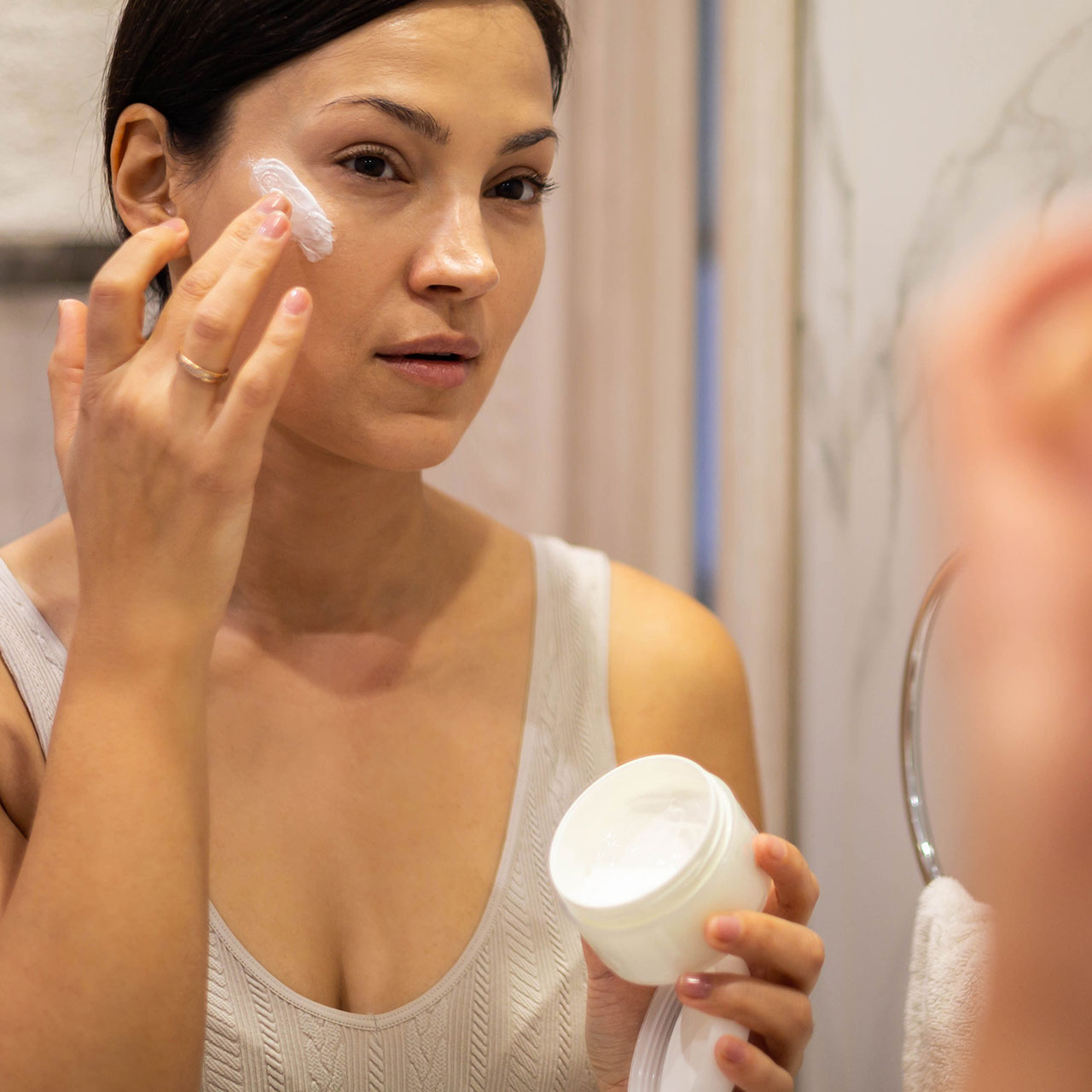You already know that what you eat has a major impact on how you feel and how you look — specifically, on the condition of your skin. Even though a vegan diet or a diet that’s low in sugar won’t necessarily turn back the clock 10 years, there’s no denying that it’s important to get a balance of vitamins and minerals — including protein. This is what actually happens to your skin when you aren’t eating enough protein, according to a dermatologist.
Why Is Protein Important?
First thing’s first: why is it even important to consider protein when you’re meal prepping and deciding what to add to your plate? Simple: proteins are the basic building blocks of the skin, according to Dr. Jeffrey Hsu, M.D., FAAD, founder of Oak Dermatology. “The two most important proteins are collagen and elastin,” Hsu says. “Collagen is the most abundant protein; it makes up more than 75 percent of our skin and provides structural integrity for the skin. Elastin gives the skin its elasticity, allowing the skin to stretch and bounce back after movement.”
Protein deficiency is when your skin is lacking protein and there are many signs to look out for if you’re not benefiting from protein, says Mehmet Göker, Dermatology Specialist at Vera Clinic. “Severe protein deficiency may affect your skin, causing redness and flaky/dry skin,” Göker says. “It may also cause brittle nails, hair loss and fatigue which are important to signs to look out for.”


The good news, according to Hsu, is that protein deficiency is uncommon in developed countries, except in rare cases of extreme malnutrition or unusual diets.
There are many ways you can implement protein into your diet, Göker says, however, he recommends researching your diet and exploring how you can add protein to benefit your skin. “Each skin type is different therefore it is vital to establish your skin-specific requirements before changing your diet or consult a specialist if you think you are protein deficient,” Göker says.




